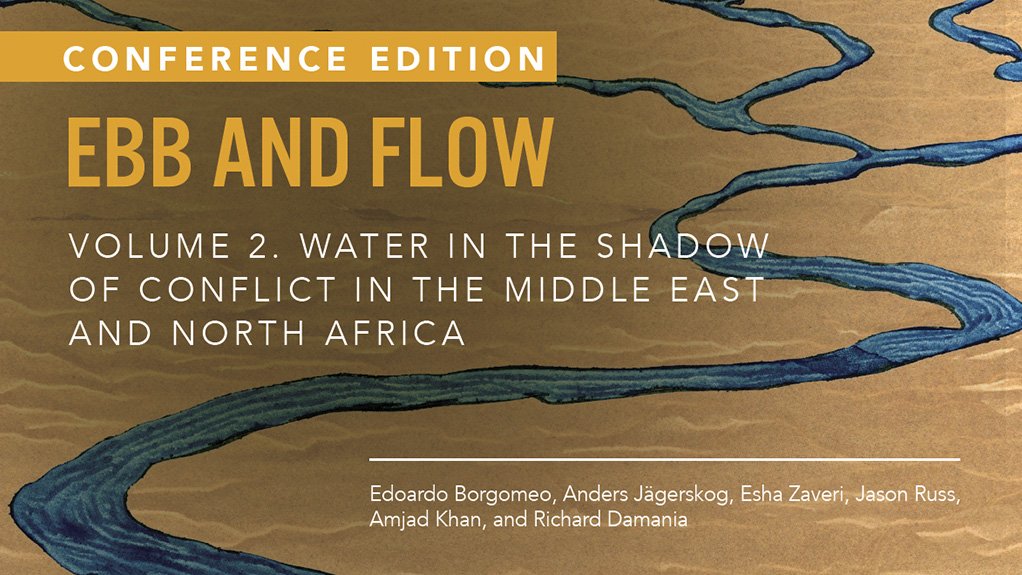- Ebb and Flow, Volume 2: Water in the Shadow of Conflict in the Middle East and North Africa5.66 MB
The Middle East and North Africa Region encapsulates many of the issues surrounding water and human mobility. It is the most water-scarce region in the world and is experiencing unprecedented levels of forced displacement. Ebb and Flow: Volume 2. Water in the Shadow of Conflict in the Middle East and North Africa examines the links between water risks (harmful outcomes related to water, from droughts and floods to lack of sanitation), conflict, and forced displacement.
It aims to better explain how to address the vulnerabilities of forcibly displaced persons and their host communities, and to identify water policy and investment responses. Contrary to common belief, the report finds that the evidence linking water risks with conflict and forced displacement in the region is not unequivocal. Water risks are more frequently related to cooperation than to conflict at both domestic and international levels.
But while conflict is not necessarily a consequence of water risks, the reverse is a real and concerning phenomenon: conflict amplifies water risks. Since 2011, there have been at least 180 instances of intentional targeting of water infrastructure in conflicts in Gaza, Libya, the Syrian Arab Republic, and the Republic of Yemen. Forcibly displaced persons and their host communities face myriad water risks.
Access to safe drinking water is a daily struggle for millions of forcibly displaced Iraqis, Libyans, Palestinians, Syrians, Yemenis, and international migrants in the region, heightening public health risks. Tanker trucks often help fill the gap; however, significant issues of water quality, reliability, and affordability remain. Host communities also face localized declines in water availability and quality as well as unplanned burdens on water services following the arrival of forcibly displaced persons. The reality of protracted forced displacement requires a shift from humanitarian support toward a development approach for water security, including structured yet flexible planning to deliver water services and sustain water resources for forcibly displaced persons and their host communities.
Report by the World Bank
EMAIL THIS ARTICLE SAVE THIS ARTICLE ARTICLE ENQUIRY
To subscribe email subscriptions@creamermedia.co.za or click here
To advertise email advertising@creamermedia.co.za or click here











